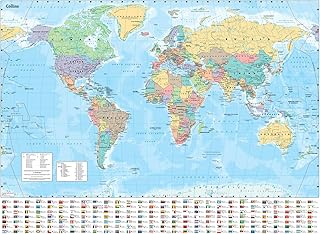Recent developments in the ongoing conflict between Russia and Ukraine have captured global attention, with key players meeting to discuss the path towards peace. Against the backdrop of escalating tensions, Kyiv and EU leaders engaged in talks with former US President Donald Trump ahead of a crucial summit involving Russian President Vladimir Putin.
As the world watches closely, the dynamics of this conflict are complex, reflecting historical animosities and geopolitical strategies. The meeting between Kyiv, EU leaders, and Trump signifies a concerted effort to seek diplomatic solutions and de-escalate the situation.
Experts emphasize the significance of such high-level engagements in promoting dialogue and understanding between conflicting parties. The involvement of international leaders underscores the importance of finding common ground and fostering cooperation to address the root causes of the conflict.
Against the backdrop of these peace talks, the global community remains hopeful for a peaceful resolution that prioritizes the well-being of civilians caught in the crossfire. The impact of the conflict extends beyond the region, highlighting the interconnectedness of international relations and the need for collaborative approaches to resolving disputes.
Historically, conflicts of this nature have far-reaching consequences, affecting not only the immediate parties involved but also shaping broader geopolitical dynamics. The outcomes of peace negotiations can have ripple effects that resonate across the international stage, influencing alliances and power structures.
Amidst these diplomatic efforts, the role of mediators and facilitators becomes crucial in bridging gaps and facilitating constructive dialogue. The challenges of finding common ground and building trust between conflicting parties require skilled diplomacy and a commitment to peaceful resolution.
The involvement of former US President Trump in these discussions adds a layer of complexity to the peace talks, given his previous interactions with Russian leadership. Observers note that his participation could potentially influence the tone and direction of the negotiations, underscoring the intricate nature of diplomatic engagements.
Looking ahead, the upcoming summit between Putin and other world leaders holds the promise of significant developments in the quest for peace. The outcomes of these high-level meetings can set the stage for broader initiatives aimed at resolving the conflict and establishing a lasting peace in the region.
Industry experts highlight the importance of sustained dialogue and engagement in addressing the root causes of conflicts and fostering stability in volatile regions. The success of peace talks relies on a multifaceted approach that combines political, economic, and humanitarian efforts to ensure a comprehensive and lasting resolution.
As the world awaits updates from the peace talks, the global community remains hopeful for a breakthrough that paves the way for a peaceful coexistence and a brighter future for all those affected by the conflict. The road to peace may be long and challenging, but the commitment to dialogue and diplomacy offers a beacon of hope in turbulent times.
📰 Related Articles
- Putin Offers Peace Talks Amid Ukraine Conflict Escalation
- European Parliament Members Visit Moscow for Peace Talks Amid Ukraine Conflict
- US-EU Trade Talks Boost Optimism Amid Global Tensions
- Trump’s Ceasefire: Hope for Peace Amid Iran-Israel Conflict
- Global Leaders Urge De-escalation in Israel-Iran Conflict





